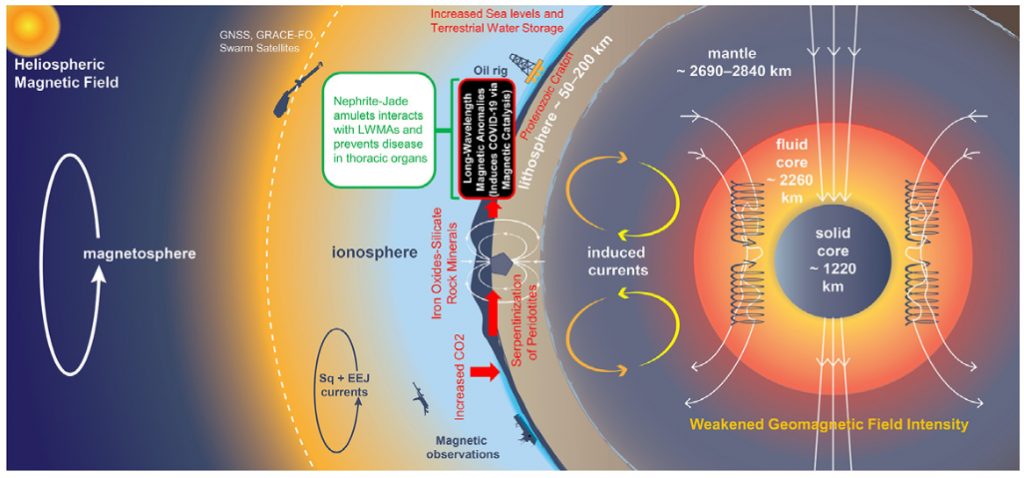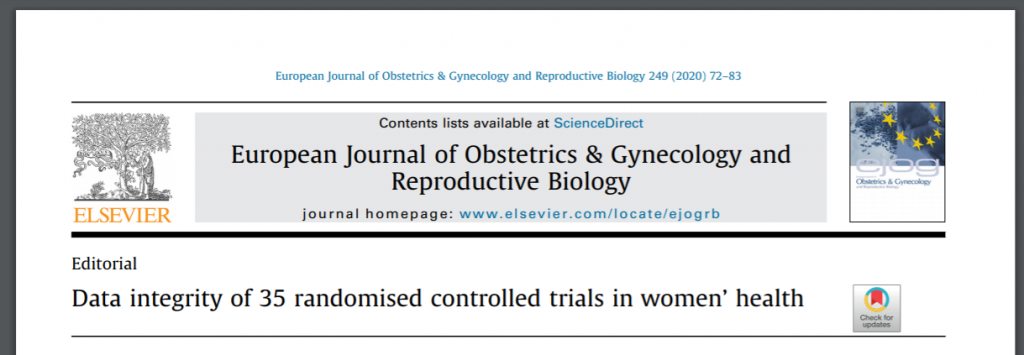
An oncology journal has retracted a review article on the hypothetical link between Covid-19 and cancer after determining that the medical writer who authored the work hadn’t done all the writing herself.
The paper, “Clinical sequelae of the novel coronavirus: does COVID-19 infection predispose patients to cancer?” appeared in Future Oncology in May and was written by Priya Hays, who at the time was a technical writer with Talis Biomedical Corp., in Menlo Park, Calif. Hays is currently with Abbott, according to her LinkedIn profile. She also has a company called Hays Documentation Specialists, which offers a variety of manuscript services, including academic writing and something called “unstructured authoring assistance.”
As the retraction notice indicates, Hays appears to have had some authoring assistance of her own:
Continue reading Medical writer loses COVID-19-cancer paper for plagiarism






